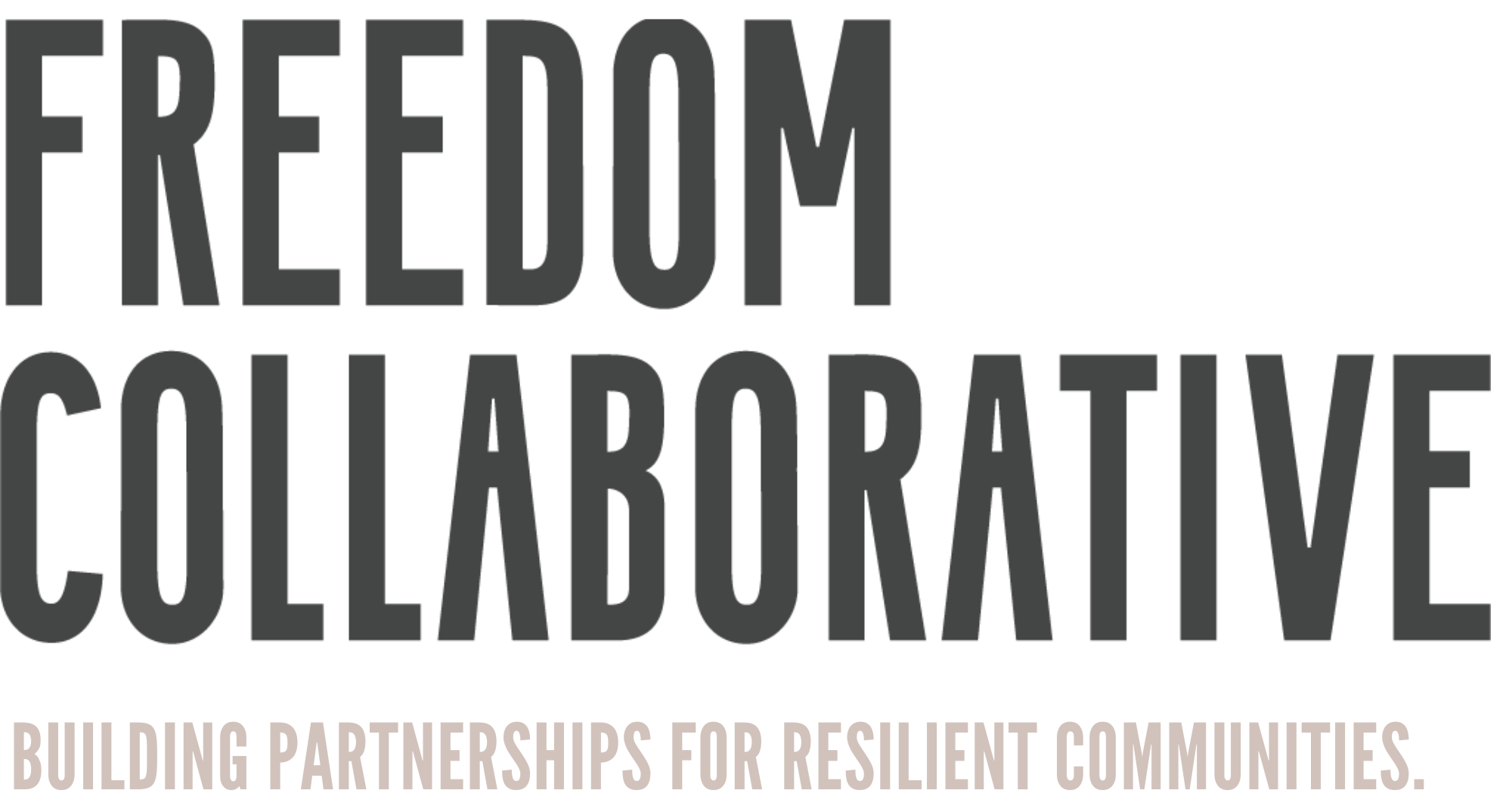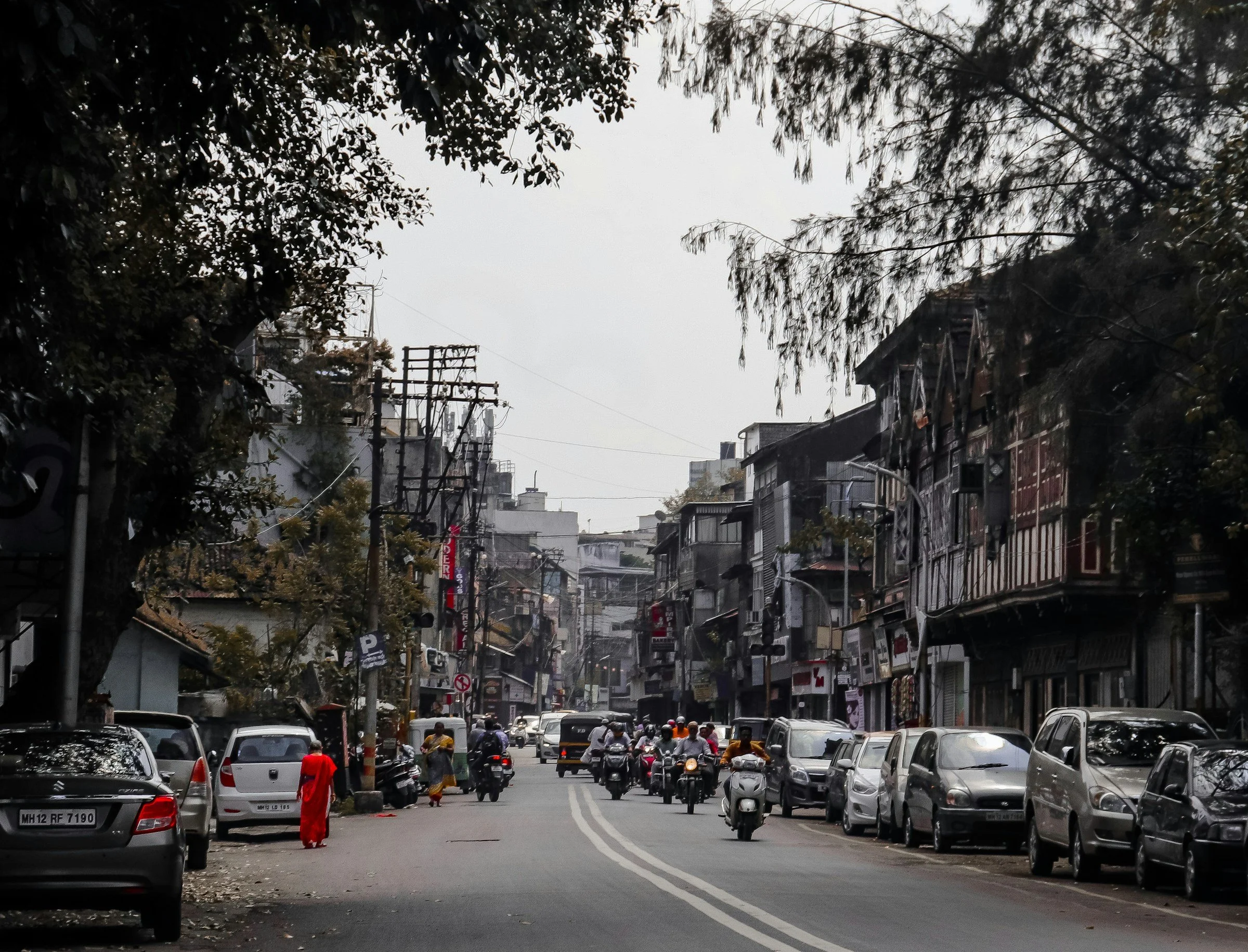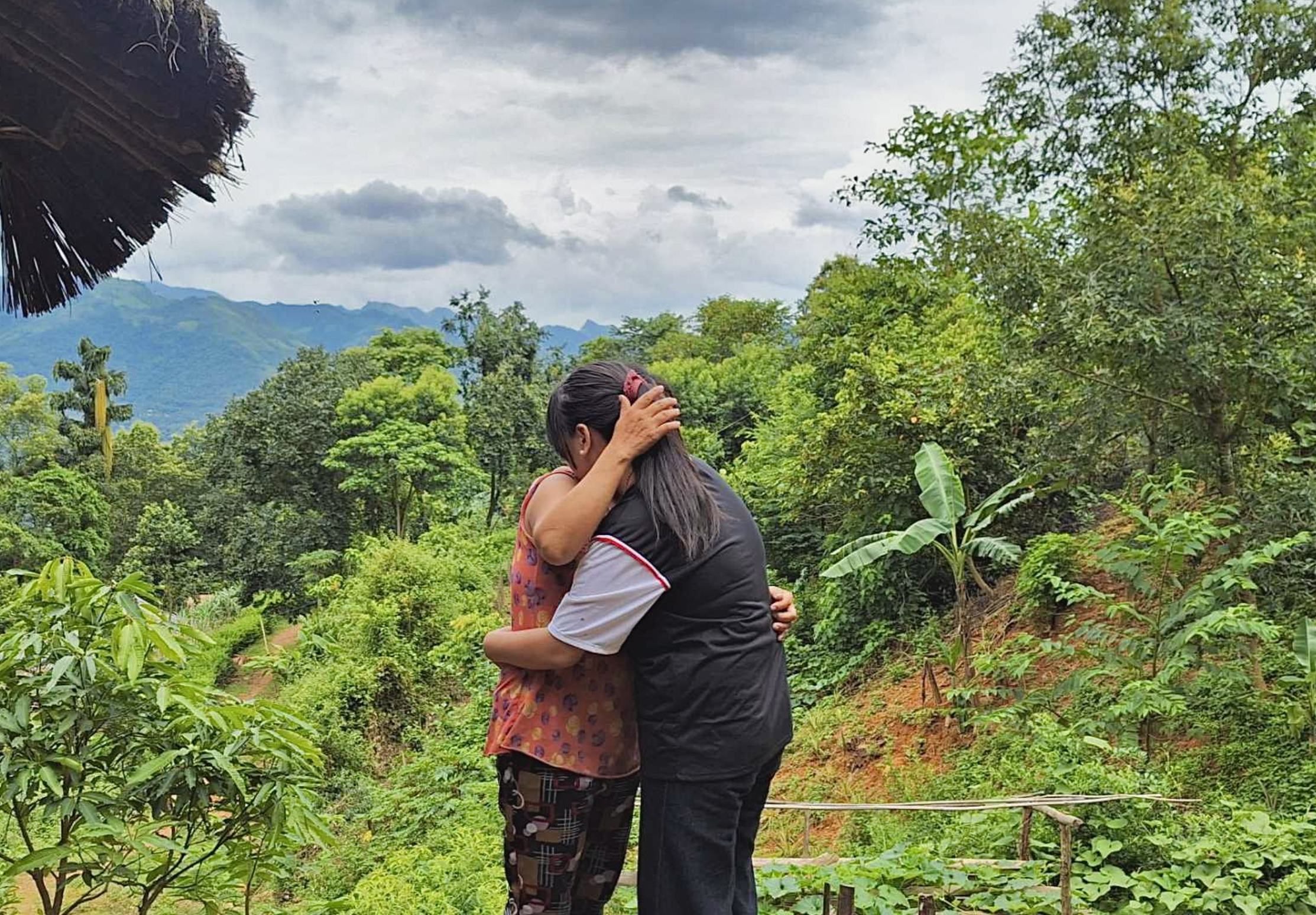Linkages between private sector and state grievance mechanisms must be strengthened
Researchers on migrant workers' access to remedy in Hong Kong SAR China, Malaysia, the Philippines, Thailand and Vietnam have found that greater awareness is needed about how state and non-state grievance mechanisms should work together to create a strong system of accountability.
IOM published a report this month, authored by The Remedy Project, on how to accelerate access to remedy for migrant workers in Southeast Asia. The report finds that pathways for remediation remain largely out of reach and unresponsive to the needs and experiences of migrant workers. State-based mechanisms are often cumbersome, opaque, or under-resourced, and are perceived to incur risk of criminalization or deportation. Likewise, migrant workers are reluctant to trust private sector mechanisms, fearing lack of confidentiality or neutrality, the probability of inaction, and the potential for retaliation. According to the report, “migrant workers and other stakeholders interviewed expressed a preference for more informal, non-adversarial and consensus-based processes to resolve grievances.” They turn to more formal – and potentially more costly – processes generally as a last resort. The report stressed the centrality of rights holders’ engagement in the design and implementation of remediation processes to make them more responsive to the realities migrant workers face, their needs, and their concept of remedy.
In the report, The Remedy Project made a case for the necessity of designing state and non-state grievance mechanisms to complement each other. While conducting their research, they were surprised to see just how little interaction there was between private sector grievance mechanisms and state-based grievance mechanisms. Many practitioners were unaware that the two need to be linked. Designing complementary systems could help ensure an environment conducive to safe, regular migration and business activity, making countries attractive for migration and trade. Likewise, businesses that are proactive about preventing rights abuses can mitigate their own risk, as well as promote productivity, worker retention, and greater resilience to global challenges. Working together to promote transparency and accountability may facilitate each’s ability to play their part in the ecosystem. One of The Remedy Project’s concerns is that as private sector actors step up efforts in creating grievance mechanisms, the role of the state might become eclipsed. They strongly caution against that, as private sector mechanisms are not designed to deal with serious criminal offenses, which are the state’s responsibility. Private sector mechanisms must include a symbiotic relationship with the state, in which there is a system of referral to state agencies equipped to handle such transgressions.
The report also highlighted the essential role played by civil society actors as first responders and mediators. NGOs, CSOs, trade unions, community groups, and other representatives of rights holders remain vital to helping migrant workers overcome language, knowledge, and other barriers in navigating access to remedy. There have been some successful efforts by civil society actors, especially in forming partnerships with the private sector to promote accountability. For example, a local NGO, the Migrant Workers Rights Network, collaborated with Thai Union, one of the largest producers of canned and frozen seafood products, to strengthen migrant worker representation through worker welfare committees and dialogue with migrant worker groups. Their collaboration has resulted in successes such as the reimbursement of recruitment fees paid by migrant workers. Another creative example was the MAP Foundation’s efforts in a case of a factory underpaying workers in Mae Sot. When the factory owner was unable to pay the workers their full due, citing bankruptcy, MAP Foundation reached out to other NGOs such as Clean Clothes Campaign (CCC), the Workers Rights Consortium (WRC) and the Arakan Workers Organization, to establish a dialogue between the workers and the brands sourcing from the factory and coordinate a campaign pressuring the brands to cover the balance, which they did, plus extra. In this case, news coverage and the viral social media campaign were effective tools. However, the Remedy Project cautions that successes such as these are rare and media pressure can backfire. They recommend investing in training in the art of mediation.
While the report shares how various mediating actors have been empowered to help rights holders seek redress, the Remedy Project emphasizes that responsibility ultimately rests with the state to hold itself and the private sector accountable for their roles in taking care of people. For future research, the Remedy Project recommends deeper investigation into cross-border grievance mechanisms. When migrant workers return to their country of origin, their rights to seek redress are often lost. Meanwhile, the conflicting legal landscapes and jurisdictions make it difficult to provide recourse in both the countries of origin and destination.
To read more about the challenges, best practices, and recommendations the study identified, access the full report here.
Have You Considered…?
During the COVID-19 pandemic, the Overseas Workers Welfare Association and Philippine Overseas Employment Association enabled workers to file complaints online through email or web portals and worked to improve their response to complaints made through Facebook and other social networking sites. These efforts helped improve access for workers and relatives who are located far from OWWA offices and do not have the time and means to file claims in person. A chatbot helped to triage cases received through online platforms, facilitating self-administration and self-filing of complaints. Tech platforms such as Zoom, Microsoft Teams and Facebook video calls also enabled migrant workers to attend meetings virtually, thus reducing or eliminating travel costs.
Share your news
Post your experiences from the field and initiatives to feature





